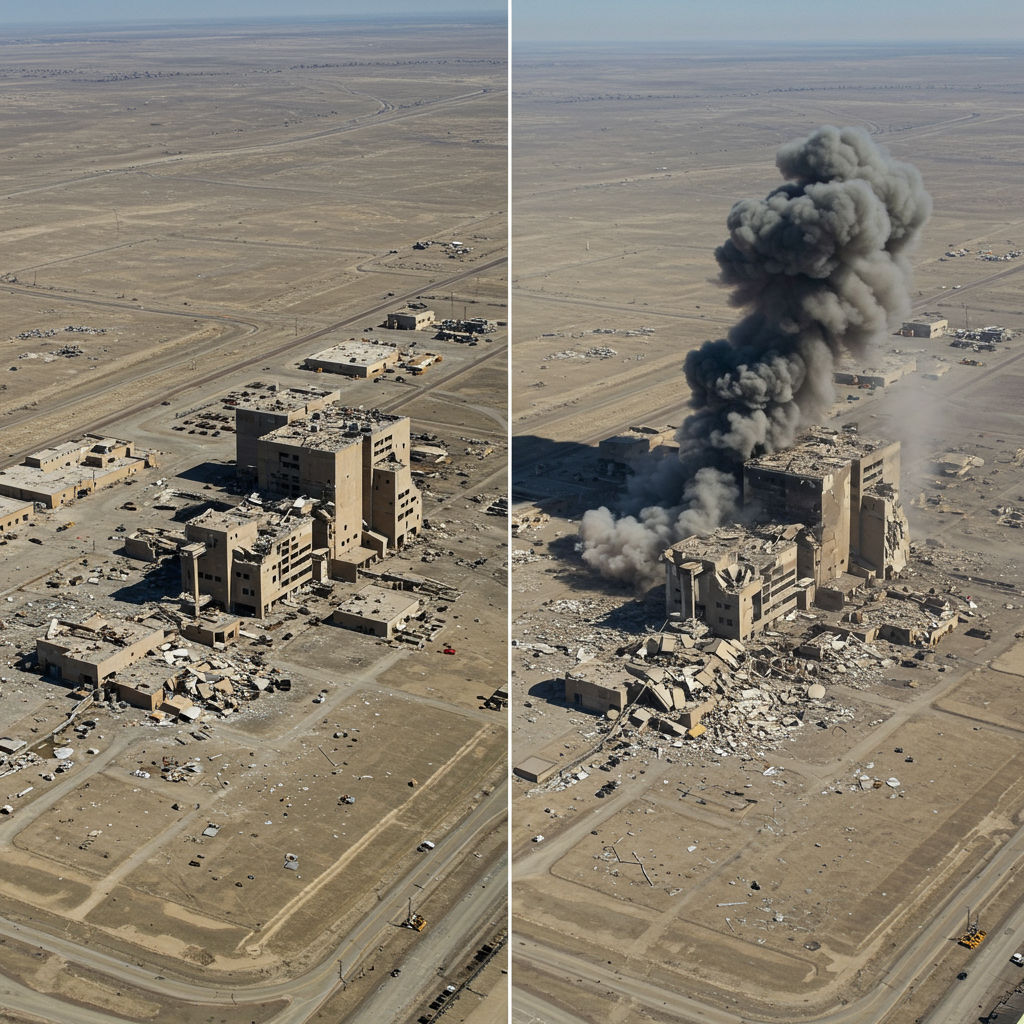Psychedelics Offer Hope for Cancer Patients Battling Depression and Anxiety
New research offers a glimmer of hope for the many individuals facing cancer who also grapple with significant depression and anxiety. A recent study indicates that a single dose of the psychedelic compound psilocybin, the active ingredient found in “magic mushrooms,” coupled with therapeutic support, may provide long-lasting relief from these challenging mental health symptoms.
Approximately 25% of people living with cancer experience depression severe enough to potentially impact their prognosis and overall well-being. Finding effective and sustained treatments for this co-occurring condition is crucial.
Psilocybin Trial Shows Sustained Results
In a small phase 2 clinical trial published in the journal Cancer, 28 patients diagnosed with both cancer and major depression received a single 25-milligram dose of psilocybin. This was administered in a carefully controlled clinical setting, guided by trained therapists.
The findings revealed significant and sustained reductions in depression symptoms for about half of the participants two years after the single treatment session. Approximately 43% also reported a sustained reduction in anxiety symptoms over the same period. Remarkably, a quarter of the patients achieved this sustained relief without needing any additional psychedelic sessions or traditional antidepressant medications.
Dr. Manish Agrawal, CEO and co-founder of Sunstone Therapies and lead researcher on the study, highlighted the findings: “One dose of psilocybin with psychological support to treat depression has a long-term positive impact on relieving depression for as much as two years for a substantial portion of patients with cancer.” He added that they are exploring whether repeated treatments could help an even larger percentage of patients.
How Might Psychedelics Work? Exploring the Brain Connection
Scientists are actively researching the mechanisms behind psilocybin’s therapeutic effects. Beyond the immediate subjective experience, studies suggest that psilocybin may fundamentally alter brain activity. Research, including trials involving individuals with major depressive disorder (not specifically cancer patients), indicates that psilocybin can increase connectivity between different neural networks in the brain.
In depression, brain networks can become rigid and segregated, potentially contributing to persistent negative thought patterns. Psilocybin appears to disrupt these rigid patterns, fostering a more integrated and flexible state similar to that observed in healthy brains. This neurobiological “rewiring” effect, combined with guided therapy, is thought to contribute to the lasting relief experienced by patients, potentially helping them break free from depressive cycles.
This potential new avenue is particularly significant given that current antidepressant treatments are not universally effective, with many patients experiencing limited benefits or challenging side effects, and some suffering from treatment-resistant depression.
Navigating Access: The Challenge Despite Promising Research
Despite accumulating positive research like the Sunstone Therapies trial and studies into underlying brain mechanisms, accessing psychedelic-assisted therapy remains a significant hurdle for many patients. This is especially true for those with urgent needs, such as cancer patients nearing the end of life or veterans battling severe, treatment-resistant PTSD and high rates of suicide.
Advocates argue that patients with life-threatening conditions who have exhausted approved treatments should be able to access investigational drugs that have shown promise in early trials through laws like the federal “Right to Try” Act. Psilocybin and other psychedelics like MDMA have successfully completed Phase 1 trials, potentially meeting this criteria.
However, the classification of psilocybin and MDMA as Schedule 1 substances by the DEA creates a conflict. This classification designates them as having “no currently accepted medical use,” a position strongly disputed by researchers and advocates. Patients and their physicians have faced legal challenges and DEA refusals when attempting to gain access under Right to Try, leading to ongoing litigation and legislative efforts to clarify the law’s application to Schedule 1 substances.
The urgency for access is underscored by the limitations of current mental health treatments for certain populations and the critical need to provide alternative options now rather than waiting years for full regulatory approval.
Future Directions and Important Considerations
While promising, the field of psychedelic-assisted therapy for depression and anxiety is still evolving. Researchers emphasize the need for larger, randomized controlled trials – considered the “gold standard” – to confirm the findings of smaller studies like this one. Further research is also needed to determine optimal dosing strategies, including whether repeat sessions could be beneficial, and to identify which patients are most likely to respond to this treatment approach.
Crucially, experts stress that psilocybin should always be administered in a controlled, clinical setting with trained therapists present. Individuals should never attempt to self-medicate with psilocybin. The therapeutic benefits observed in trials are intimately linked to the supervised setting and integrated psychological support.
The results from the Sunstone Therapies study offer valuable insights into the potential for psychedelics to provide lasting relief for cancer patients struggling with their mental health. As research progresses and efforts to address access barriers continue, psilocybin-assisted therapy could become an important tool in comprehensive cancer care and broader mental health treatment.



